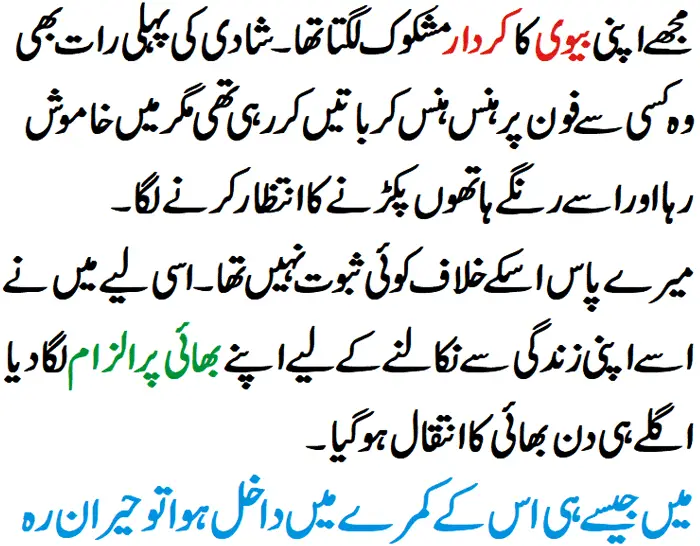Reducing belly fat is not just about achieving a slimmer waistline; it’s crucial for your overall health. Excess belly fat is linked to severe health issues like heart disease, diabetes, and metabolic syndrome. This guide will take you through everything you need to know to effectively reduce belly fat and enhance your health.
Understanding Belly Fat
Types of Belly Fat
Belly fat isn’t just one type of fat. Understanding the different types helps in tackling it more effectively.
- Subcutaneous Fat: This is the fat stored just under the skin. It’s the pinchable fat that you can feel on your abdomen.
- Visceral Fat: This fat is stored deep inside the abdomen, around your organs. It’s more dangerous and is linked to various health problems.
Health Risks of Belly Fat
Carrying excess belly fat poses several health risks:
- Heart Disease: Excess visceral fat is closely associated with an increased risk of cardiovascular diseases.
- Type 2 Diabetes: Belly fat can cause insulin resistance, leading to type 2 diabetes.
- Metabolic Syndrome: This cluster of conditions, including high blood pressure and cholesterol, increases the risk of heart disease and diabetes.
Causes of Belly Fat Accumulation
Poor Diet
Your diet plays a significant role in the accumulation of belly fat.
High Sugar Intake
Consuming too much sugar, especially from sugary drinks and snacks, leads to increased belly fat.
Processed Foods
Foods high in refined carbs and unhealthy fats contribute to weight gain and fat storage in the abdomen.
Lack of Exercise
A sedentary lifestyle promotes the accumulation of fat, particularly around the midsection.
- Sedentary Lifestyle: Lack of physical activity means fewer calories burned, leading to fat storage.
Stress and Hormones
Stress influences where your body stores fat.
Cortisol
High levels of the stress hormone cortisol can lead to fat storage in the belly area.
Genetics
Genetic factors can predispose individuals to store fat in the abdominal area.
- Predisposition to store fat in the abdomen: Some people are genetically more likely to gain weight around their midsection.
Lack of Sleep
Insufficient sleep affects your body’s hormone levels, leading to increased appetite and fat storage.
- Impact on weight and fat distribution: Poor sleep can cause an imbalance in hormones that regulate hunger and fat storage.
Dietary Changes to Reduce Belly Fat
Balanced Diet
A balanced diet is key to losing belly fat.
Whole Foods
Incorporate plenty of fruits, vegetables, whole grains, and lean proteins into your diet.
Lean Proteins
Protein helps you feel full and supports muscle building, which boosts metabolism.
Healthy Fats
Include healthy fats from sources like avocados, nuts, and olive oil to support overall health and satiety.
Reducing Sugar Intake
Cutting down on sugar is crucial for losing belly fat.
Avoid Sugary Drinks and Sweets
Eliminate or reduce sugary beverages and sweets from your diet to reduce calorie intake and belly fat.
Increasing Fiber Intake
Fiber helps in weight loss by promoting satiety and reducing calorie absorption.
Soluble Fiber
Foods rich in soluble fiber, like oats, beans, and fruits, help reduce belly fat by keeping you full and regulating blood sugar levels.
Portion Control
Mindful eating and portion control can prevent overeating and help with weight management.
Mindful Eating
Pay attention to your hunger and fullness cues to avoid overeating.
Hydration
Staying hydrated is vital for weight loss and overall health.
Drinking Water for Weight Loss
Drinking water before meals can help control appetite and support weight loss.
Effective Exercises for Belly Fat Reduction
Cardiovascular Exercise
Cardio exercises help burn calories and reduce overall body fat, including belly fat.
Running, Cycling, Swimming
These activities are excellent for burning calories and improving cardiovascular health.
Strength Training
Building muscle through strength training helps increase metabolism and reduce fat.
Building Muscle Mass
Muscle tissue burns more calories at rest than fat tissue, aiding in weight loss.
High-Intensity Interval Training (HIIT)
HIIT involves short bursts of intense exercise followed by rest and is effective for fat loss.
Benefits of HIIT
HIIT workouts are efficient, burn a lot of calories in a short time, and boost metabolism.
Core Exercises
Strengthening the core can help tone the abdominal muscles.
Planks, Crunches, Leg Raises
These exercises target the muscles in the abdomen, helping to strengthen and define them.
Flexibility and Balance Exercises
Exercises like yoga and Pilates can improve flexibility and support weight loss.
Yoga and Pilates
These practices enhance flexibility, reduce stress, and promote a healthy mind-body connection.
Lifestyle Changes for Long-Term Success
Stress Management
Managing stress is essential for reducing belly fat.
Meditation and Deep Breathing
Practices like meditation and deep breathing can help lower cortisol levels and reduce stress.
Getting Adequate Sleep
Quality sleep is crucial for weight management and overall health.
Sleep’s Role in Weight Management
Adequate sleep helps regulate hunger hormones and supports weight loss







